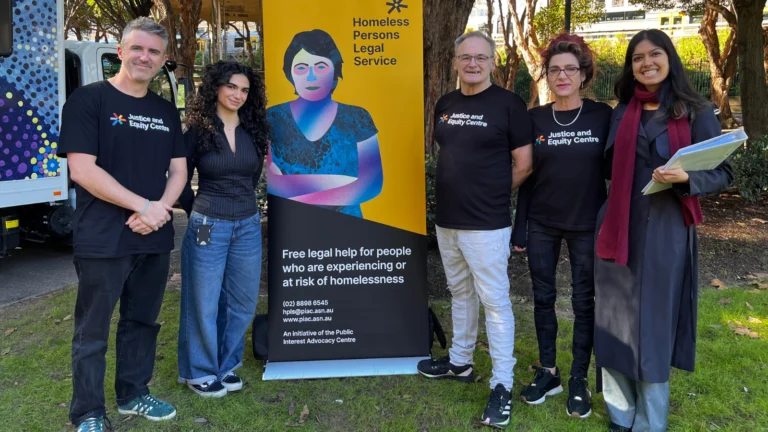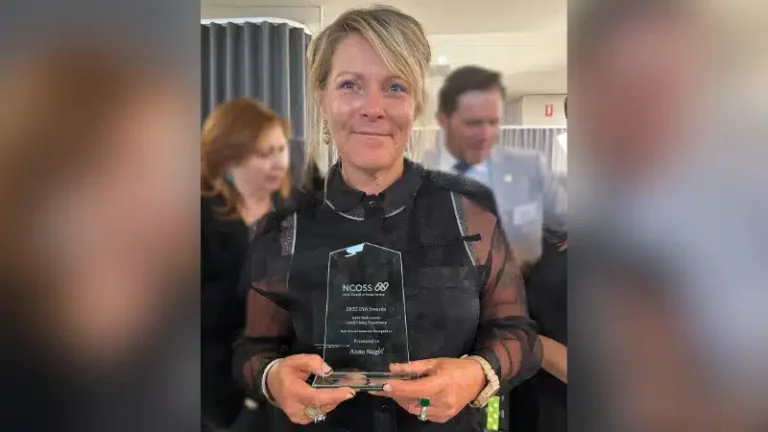Widespread disruption caused by COVID-19 is being felt across Australia. It won’t be long before we have thousands of people trying to survive on less income, worried about whether they can pay their rent or their mortgage, while keeping the lights on and food on the table.
Community service organisations around the country are calling on companies providing essential services such as energy, water, finance, rental housing and telecommunications to take additional steps to support their community during the COVID-19 crisis. Many businesses have existing hardship obligations under law or industry codes of conduct, and should now ensure assistance is easily available.
There are three things companies should do as a matter of urgency to provide relief for their customers:
- No disconnections. Companies should continue to offer their services without interruption, including energy, telecommunications, banking and insurance.
- Pause debt collection and legal/bankruptcy proceedings. People shouldn’t be evicted or be hassled by debt collectors during this time. Lenders should consider moratoriums on loan repayments.
- Waive penalty and late fees, including additional interest charges. No one should pay extra if they’re struggling to pay bills on time.
Community organisations are also calling on governments at all levels to commit to a moratorium on debt collection activities and late payment fees.
We anticipate that, just like during the bushfire emergency in recent months, many businesses are already having these conversations but we need to see coordinated industry-wide commitments to do the right thing by customers.
Community services and businesses will be trying to meet extra demand, with limited capacity over coming months. These commitments will help ensure that resources aren’t wasted on avoidable disputes and will help to support our community during a difficult time
We are calling on all essential service providers to publicly commit to implementing these relief measures at a minimum. Businesses and governments should not hesitate to go further. Our organisations are keen to work alongside businesses wherever possible to see these measures delivered to Australians.
QUOTES
Gerard Brody, CEO of Consumer Action Law Centre:
“As more and more people self-isolate or practice social distancing in line with health advice, there will be more people at home relying on these essential services. People working from home will need more internet data, and people at risk will need to access health consultations over the phone. We will also see a heavier reliance on household energy.
“Many Australians will find it harder to pay the bills due to disruptions from COVID-19, and it is critical that they are guaranteed continued access to essential services.
“There are people already struggling to make ends meet, soon there will be many more who will suddenly find themselves with no or less income, and it’s important we remove any additional barriers to accessing essentials like food or medical care.”
Craig Memery, Head of Energy and Water Policy, Public Interest Advocacy Centre:
“These services are essential to the health and wellbeing of the entire community. People’s access to them is of critical importance.
“Hundreds of thousands of casual and contract workers are being stood down with little or no pay, and people with small businesses have been hit just as hard. People struggling to pay for rent and food shouldn’t have the additional stress of whether they can keep the lights on or stay in contact with family, friends and support networks. Access to energy and communications isn’t just important, for many it is a lifeline.”
Emma King, CEO of Victoria Council of Social Service (VCOSS):
“The Coronavirus will wreak enough havoc by itself. The last thing we need right now is predatory bank bosses, dodgy debt collectors or inflexible business practices compounding the damage and driving people into poverty.”
COTA Victoria:
“People need to keep contact with health services and with those they are concerned about such as an ageing parent. We all have a duty of care to others and those that are most vulnerable during this time. This means a person keeping their home and their phone and power must not be cut off.”
Cassandra Goldie, CEO of Australia Council of Social Service (ACOSS):
“In times of crisis it is incumbent on companies who are providing essentials services to put people first, to provide relief and a level of comfort during this uncertain and unprecedented period. It’s the right thing to do.”
END
MEDIA CONTACT: CALC 0413 299 567 or [email protected], PIAC 0478 739 280.
SIGNATORIES
Accountable Income Management Network
ACT Council of Social Service (ACTCOSS)
Anglicare Victoria
Australian Communications Consumer Action Network (ACCAN)
Australian Council of Social Service (ACOSS)
Brotherhood of St Laurence
Care Inc
Consumer Action Law Centre
Consumer Credit Legal Service (WA)
Council on the Ageing Victoria
Ethnic Communities’ Council of NSW
Ethnic Communities’ Council of Victoria
Federation of Community Legal Centres Victoria
Financial Counselling Australia (FCA)
Financial Counselling Victoria (FCVic)
Financial Counsellors Association Tasmania
Financial Counsellors’ Association of NSW (FCAN)
Financial Counsellors’ Association of WA (FCAWA)
Financial Rights Legal Centre
Indigenous Consumer Assistance Network (ICAN)
Justice Connect
Neighbourhood Houses Tasmania
NILS Tasmania
Northern Territory Council of Social Service (NTCOSS)
Public Interest Advocacy Centre
Queensland Council of Social Service (QCOSS)
Renew Australia
Salvation Army Australia
South Australia Council of Social Service (SACOSS)
South Australian Financial Counsellors Association
UnitingCare Australia
Victorian Council of Social Service (VCOSS)
Western Australian Council of Social Service (WACOSS)
WEstjustice
Women’s Legal Service Victoria

